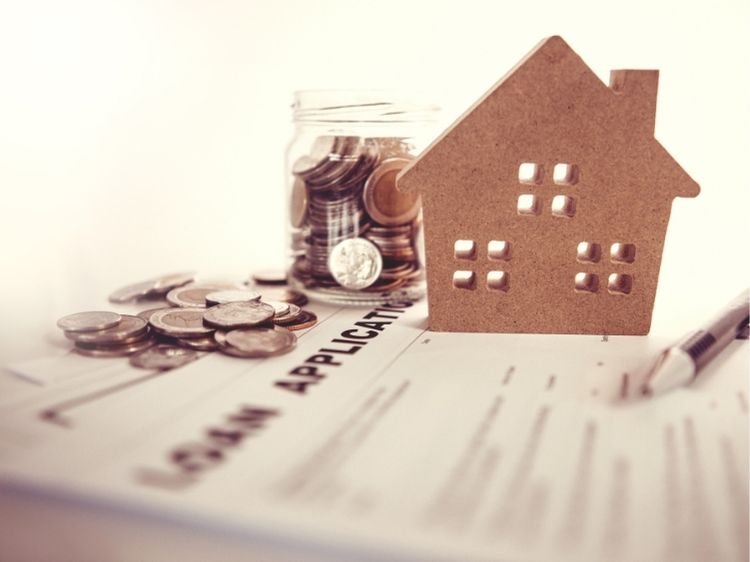Everything you need to know regarding construction loans
Low housing inventories still being a concern for potential homeowners, regarding construction loans have become an option to homeownership for those who aren’t able to wait for more homes to go on the market. These less-known loans can help you realize your dream home. These are the facts about construction loans. There are many ways to make your homeownership dreams (or renovations) come true.
What is a construction loan?
A construction loan is short-term loan intended to finance the construction of a residential home. Construction loans are a short-term loan that helps homeowners build their home. Mortgage loans are long-term loans that finance the purchase of a property. The loan is secured
A construction loan can be used for renovations or building projects. These loans typically have high interest rates and short borrowing terms, of usually one year. You can also use construction loans to finance commercial projects.
How does a construction loan work?
Many things make construction loans different from mortgages. Regarding Construction loans are short-term and have higher interest rates.
Who Qualifies for a Construction Loan?
A construction loan may have a similarity to a mortgage in that it requires a down payment. A down payment is required for a construction loan to guarantee the lender’s commitment.
Potential borrowers may need to be able pay down the mortgage, have a minimum credit rating, and provide financial documents, such as bank statements.
Remember that lenders may have different requirements. A different loan type might be more appropriate depending on your financial situation and your project. Talk to a trusted lending partner about the possibilities.
Are there different types of construction loans?
They are not all created equal. You can find many types to fit the needs of every homeowner or homebuyer.
How can you determine which type of construction loan you need? It all depends on what your situation is.
Construction-only Leans
This is the simplest of these loans. The loan will cover the total cost of the project. However, the borrower must repay the entire amount within the given year.
Construction-to-permanent Loans
Contrary to a construction-only mortgage, these loans do not require repayment in full at its end. Instead, the loan becomes permanent mortgage once the year has ended. Borrowers can continue to make payments through this channel if they need.
Owner-builder Construction Loans
The unique aspect of this arrangement is that the person who borrows the money is also responsible for performing the labor. Both parties can save money hiring contractors. But lenders are less likely to approve these loans due to the risks and complexity involved in building a home.
Renovation Loans
This loan is for homeowners who want to make minor alterations to their existing homes rather than building a new home. These loans are also flexible in terms of structure, depending on the borrower’s needs.
End Loans
If a lender does not offer construction-to-permanent loans, homeowners can receive an end loan. The homeowner can refinance their construction loan using their mortgage after the build is completed.
These loans may not be offered by all lenders. Get in touch with us to discuss which loan type is right for you.
What are the options for a Construction Loan?
Construction loans can cover all major expenses related to building a new house or renovating an existing one. They will pay for the following tangible items:
- Building materials
- Contractors receiving compensation
- The deed for land being built upon (if it is not already owned).
- To complete the project, you will need to obtain permits from the city
What are my other options, besides Construction Loans?
You may be able to get a loan for construction if it is not in your best interest.
Here are three options for construction loans you may be interested in.
Home Equity List of Credit
Home equity lines of credit, also known as HELOCs, are one of the most popular ways homeowners can borrow money to fund home construction projects. These loans can be financed against the property’s value or against your mortgage. Although they offer great interest rates, there are some risks associated with using your home as collateral.
Hard Money Loans
A bank may give a hard cash loan to borrowers, using some of the borrower’s tangible assets as collateral. This option is similar to a home equity credit line, where recipients can borrow against the property’s value, but the interest rates are usually not as favorable.
VA Loans
A VA home or construction loan may be available to veterans who have served in the United States Armed Forces. These loans offer lower rates than traditional construction loans and are generally more advantageous to borrowers.
These loans don’t require any down payments nor private mortgage insurance. This is why eligible veterans should seriously consider this option for financing.

